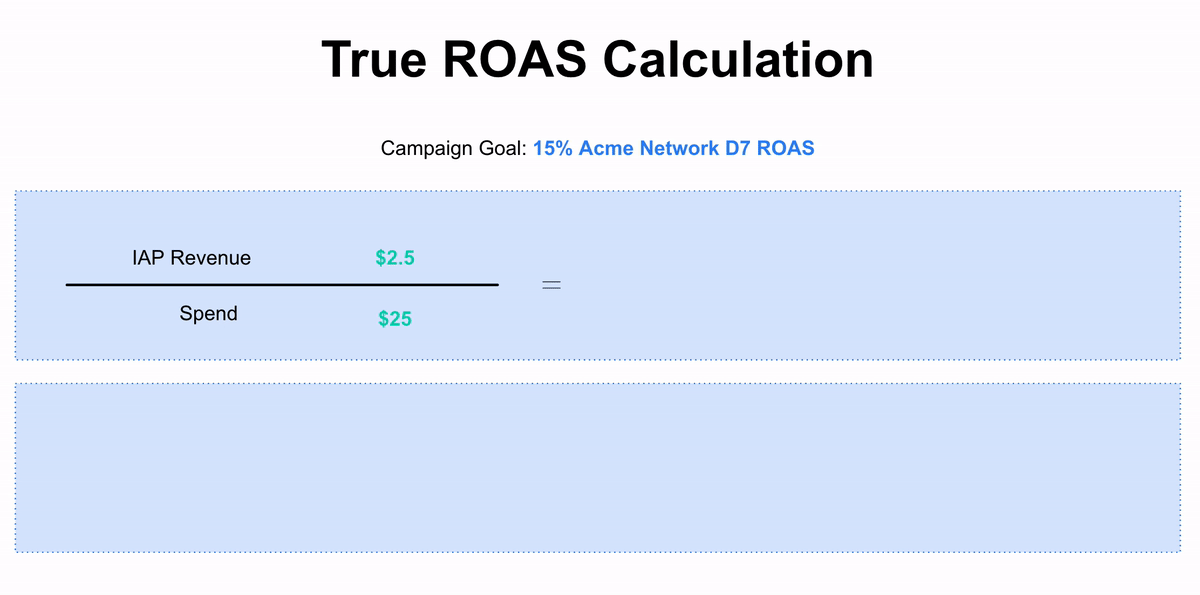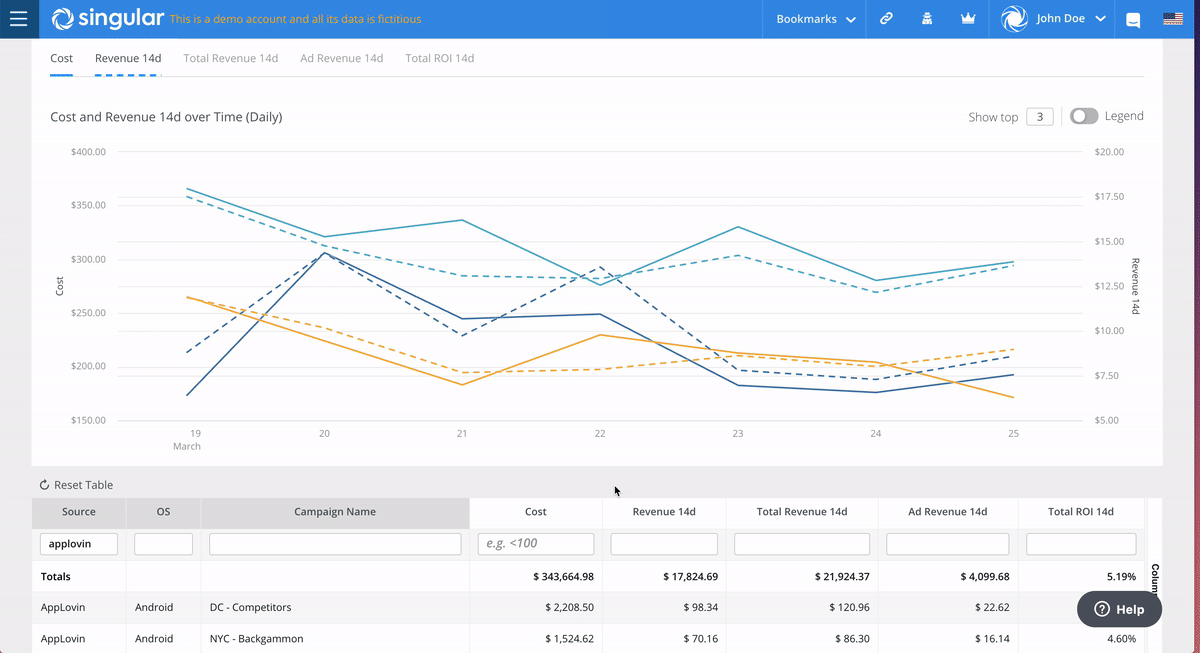The European Union General Data Protection Regulation — GDPR is top of mind for many businesses, especially for those that engage in online advertising. This new privacy-driven regulation requires that all companies collecting, accessing, and processing personal data for EU residents must comply with new standards that will be enforced starting May 25, 2018.
Understandably, we’ve been getting many questions related to the GDPR over the past few months. To help shed light on the questions you may have, we’ve compiled the top FAQs for the GDPR.
General GDPR FAQs
1. When is the GDPR coming into effect?
May 25th, 2018.
2. Who does the GDPR affect?
It applies to all companies processing and holding the personal data of European Union residents, regardless of the company’s location.
3. What constitutes personal data?
Any information that can be used to directly or indirectly identify a user. It can be anything from a name, a photo, an email address, bank details, posts on social networking websites, medical information, device IDs, or a computer IP address.
4. What are the penalties for non-compliance?
Organizations can be fined up to 4% of annual global turnover for breaching GDPR or €20 Million. This is the maximum fine that can be imposed for the most serious infringements (i.e. not having sufficient customer consent to process data or violating the core of Privacy by Design concepts). There is a tiered approach to fines; a company can be fined 2% for not having their records in order (article 28), not notifying the supervising authority and user about a breach or not conducting an impact assessment. It is important to note that these rules apply to both controllers and processors — meaning ‘clouds’ will not be exempt from GDPR enforcement.
5. What is the difference between a data processor and a data controller?
A controller is an entity that determines the purposes, conditions, and means of the processing of personal data, while the processor is an entity which processes personal data on behalf of the controller.
6. Do data processors need ‘explicit’ or ‘unambiguous’ data subject consent – and what is the difference?
Consent must be clear, unambiguous, and provided in an intelligible and easily accessible form, using clear language. It must be as easy to withdraw consent as it is to give it. Explicit consent is required only for processing sensitive personal data – in this context, nothing short of “opt-in” will suffice. However, for non-sensitive data, “unambiguous” consent will suffice.
7. What about users under the age of 16?
Parental consent will be required to process the personal data of children under the age of 16 for online services; member nations may legislate for a lower age of consent but this will not be below the age of 13.
8. Does my business need to appoint a Data Protection Officer (DPO)?
DPOs must be appointed in the case of (a) public authorities, (b) organizations that engage in large-scale systematic monitoring, or (c) organizations that engage in the large-scale processing of sensitive personal data (Art. 37). If your organization doesn’t fall into one of these categories, then you do not need to appoint a DPO.
9. How does the GDPR impact policy surrounding data breaches?
Proposed regulations surrounding data breaches primarily relate to the notification policies of companies that have been breached. Data breaches which may pose a risk to individuals must be notified to the Data Processing Addendum (DPA) within 72 hours and to affected individuals without undue delay.
10. Will the GDPR set up a one-stop shop for data privacy regulation?
The discussions surrounding the one-stop-shop principle are among the most highly debated and are still unclear as the standing positions are highly varied. The Commission text has a fairly simple and concise ruling in favor of the principle, the Parliament also promotes a lead DPA and adds more involvement from other concerned DPAs, the Council’s view waters down the ability of the lead DPA even further.
GDPR FAQS for Singular Users
1. Is Singular a Data Processor or Data Controller?
Singular is a Data Processor — we do not determine the purposes, conditions or scope of how data is collected. You, our customer, who will often determine these will be defined as a Data Controller under the GDPR, but you should consult with your legal team to make such a determination.
2. What data does Singular collect and is it affected by the GDPR?
When using Singular for mobile attribution, Singular will track device data such as advertising IDs, IP addresses, and other device identifiers. We may also collect user-level events that advertisers send us through the Singular SDK. Under the GDPR, all of the aforementioned data is deemed as personal data and will be treated appropriately per regulations set by the GDPR.
3. How does Singular use personal data?
We use the personal data identified above for two purposes: a) to determine the attributed network, campaign, etc. b) provide our customers with analytics and reports based on the data we collect for them such as retention, ROI, etc.
4. Does Singular transfer this personal data anywhere?
By nature of providing mobile attribution, we need to report attributed installs and events to the marketing channels you’re running with, per the agreement you, the advertiser, has with these marketing channels. As a Data Controller, you are always aware of what data Singular sends to said marketing channels, and can be assured that Singular will never share your data with any other entity.
5. What are common GDPR-related requests that advertisers may get from users?
Under the GDPR, data subjects have several rights that need to be honored:
- Right to Access and Right to Data Portability – both of these rights speak to the user’s (data subject) ability to request all data that has been collected on them in an easily readable format.
- Right to Erasure speaks to the user’s ability to ask for their data to be deleted and is also commonly referred to as Right to be Forgotten.
- Right to Rectification speaks to the user’s ability to request for their data to be corrected or completed.
6. How does Singular allow Data Controllers to honor such requests?
To easily comply with requests related to the GDPR, we’ve built several new REST API endpoints to accept requests in a programmatic and scalable manner. The API documentation is provided in our Developers Portal.
7. Are you compatible with the OpenGDPR initiative?
Yes. We are fully compatible with OpenGDPR.
8. Is Singular’s SDK GDPR-compatible?
Yes, Singular’s SDK is GDPR compatible. We are also releasing an additional update soon to further support explicit methods for opt-in (for when a consent is explicitly provided), opt-out and unload options in the SDK to give you more control for user privacy.
9. I’m not using Singular for attribution or event tracking. Does GDPR apply here?
If Singular doesn’t collect personal (user level) data for your mobile app users, it is not technically a Data Processor in the GDPR context.
10. Do you have an updated Data Processing Agreement I can sign?
Yes, please reach out to your Customer Success Manager to get our latest DPA.
11. What else is Singular doing around the GDPR?
Built by security experts, Singular has always been security and privacy driven by design. We treat encryption, security, and privacy as core principles that determine how every new system is defined and built, and these are inherently embedded in the platform.
At Singular we welcome the EU’s initiative for increased transparency, ownership, and trust around personal data processing activity. We remain committed to these principles when working with our customers as their data processor. As such, we have made extensive investments to ensure that both Singular and our customers meet GDPR compliance standards, which you can read more about in our article “Hello GDPR: Stay Compliant with Singular”.
Disclaimer: The information provided by Singular is for informational purposes only and not for the purpose of providing legal advice. Please contact your attorney to obtain advice on specific issues or questions.

